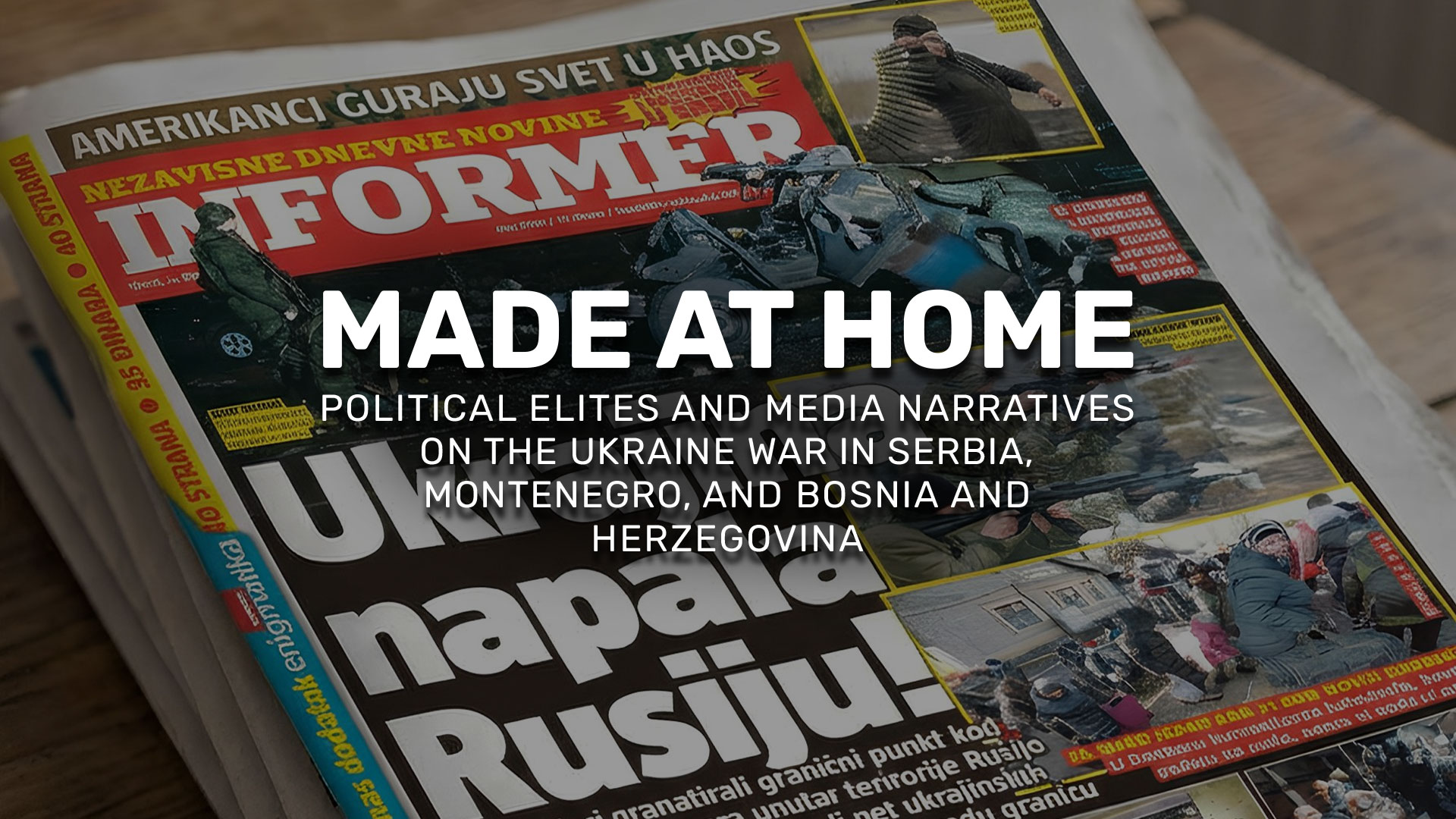PUBLICATION: Analysis
Geopolitics is Local – Ramifications of Chinese Projects for Human Security in Serbia
This report examines the Chinese presence in Serbia through a human security lens, in terms of how it impacts the quality of life and the security of local communities.
China’s “no-strings attached” financing of infrastructure has become attractive for Serbia’s ruling elite after the global financial crisis of 2008. However, it took Chinese companies almost a decade to take over two state-owned giants – the Smederevo Steel Mill and the RTB Copper Smelter – and invest in the construction of a new tyre factory. To maintain social peace, employment and legitimise themselves among the constituents, the ruling elite invested a lot of effort in facilitating the arrival of Chinese capital. This effort included drafting laws that suited PRC investors, donating arable land and providing subsidies, circumventing environmental and construction standards, turning a blind eye to labour and human rights violations, and making many other concessions at the expense of citizens and the local communities. Lack of transparency and public scrutiny is common to all PRC investments. In a short period of time, the profit-oriented exploitation of natural resources by PRC investors has led to various environmental hazards that have endangered public health and human existence, causing environmental (anti-government) protests and resentment towards the Chinese. But combating environmental threats and rule of law violations associated with the Chinese projects is difficult, especially since the Serbian government is willing to quell criticism and provide such projects with full political backing.
The research was conducted in three Serbian cities with large PRC investments – Smederevo, Bor and Zrenjanin – to establish the impact of these projects on local communities and how they affect human security, understood in terms of human rights and human dignity. Several forms of human security endangerment were observed in the course of the research project: environmental hazards, public health, socio-economic and human rights, rule of law, cross-cultural issues and surveillance.
Preliminary desktop research was conducted by inquiring into media materials and sources produced by policy experts and academics. Field research was conducted in April, involving semi-structured interviews with local sources. Local civil activists, journalists, citizens impacted by the presence of PRC investments, as well as local experts in the areas of health, environmental safety and traffic engineering were among the consulted sources.
Supported by the International Republican Institute’s Beacon Project. The views expressed in this policy brief are solely those of the authors and do not reflect those of IRI.
Tags:
PDF PREVIEW
RELATED

Date: 09.02.2026.
Author: Maja Bjeloš |
The concept of the “colour revolution” has shifted from describing democratic uprisings in post-socialist states to serving as a powerful tool of authoritarian control. In Serbia, the ruling elite—drawing heavily on the Russian strategic playbook—has reframed the term as a symbol of foreign subversion aimed at overthrowing the government and destabilising the country. Since 2012, this narrative has been systematically used to delegitimise dissent, protests, and civic mobilisation.

Date: 01.02.2026.
Author: Belgrade Centre for Security Policy
The war in Ukraine has reverberated across the Western Balkans in ways that reflect the region’s own political dynamics more than the influence of any external actor, including Russia. In Serbia, Montenegro, and Bosnia and Herzegovina, media coverage and public narratives surrounding the conflict have been shaped primarily by domestic political realities, local media structures, and long-standing identity divides.

Date: 25.12.2024.
Author: Belgrade Centre for Security Policy
The international system is undergoing profound changes and one of the main ones is the growth of China’s global influence, which is gradually turning into a source of influence comparable to the United States. This process is accompanied by the growth of China’s political and economic presence in different regions of the world. Europe is no exception, but this process varies greatly in different countries, with some countries only cautiously developing ties with China while others seek to expand them as much as possible.




